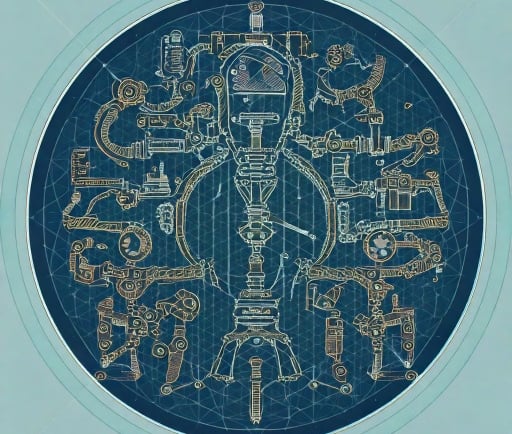Experimenting the Hypothetical Landscape of Gene Extension: 200 Years into the Future


The Promise of Gene Extension
In the ever-evolving realm of biotechnology, the concept of gene extension presents a fascinating hypothetical journey into the future. As we advance through the 21st century, the potential for genetic manipulation could lead mankind towards unprecedented lifespans, enabling individuals to live 200 years or longer. This blog post delves into the implications, technologies, and ethical considerations surrounding this intriguing prospect of extended life through genetic engineering.
Technological Advances Shaping the Future
Over the past few decades, significant strides have been made in gene editing technologies, particularly with CRISPR-Cas9. This innovative tool allows for precise alterations in DNA, opening pathways to potentially eradicate genetic disorders that historically limited human lifespan. By 2223, one can envisage a landscape where gene therapy is commonplace, used not just for disease treatment but also for enhancing life quality and longevity. Advances in regenerative medicine and synthetic biology could combine to create an environment where the limitations of aging are reconsidered, leading to the remarkable possibility of 200-year lifespans.
Ethical Implications of Extended Lifespans
While the scientific achievements behind gene extension are awe-inspiring, they inevitably raise numerous ethical questions. The ramifications of living two centuries could significantly impact societal structures, economies, and environmental sustainability. Questions arise: Would such technology be available to everyone, or only to the privileged few? How would we manage resources with a significantly larger, aging population? As we explore this hypothetical future, it becomes crucial to engage in discussions regarding equitable access to these innovations and the moral responsibilities that accompany them.
Moreover, one must consider the psychological effects of prolonged life. Would individuals still maintain a sense of purpose after living two centuries? Would the social dynamics change drastically, especially concerning generational interactions? The exploration of these social implications alongside the physical advancements highlights the multifaceted nature of gene extension.
In summary, the notion of gene extension leading to lifespans of up to 200 years allows us to visualize a future filled with possibilities. As the framework for gene editing continues to develop and mature, it becomes imperative for society to navigate the ethical dimensions responsibly. The integration of technological progress with thoughtful dialogue will be key to ensuring that the journey into lengthy life is beneficial for all of humanity.
